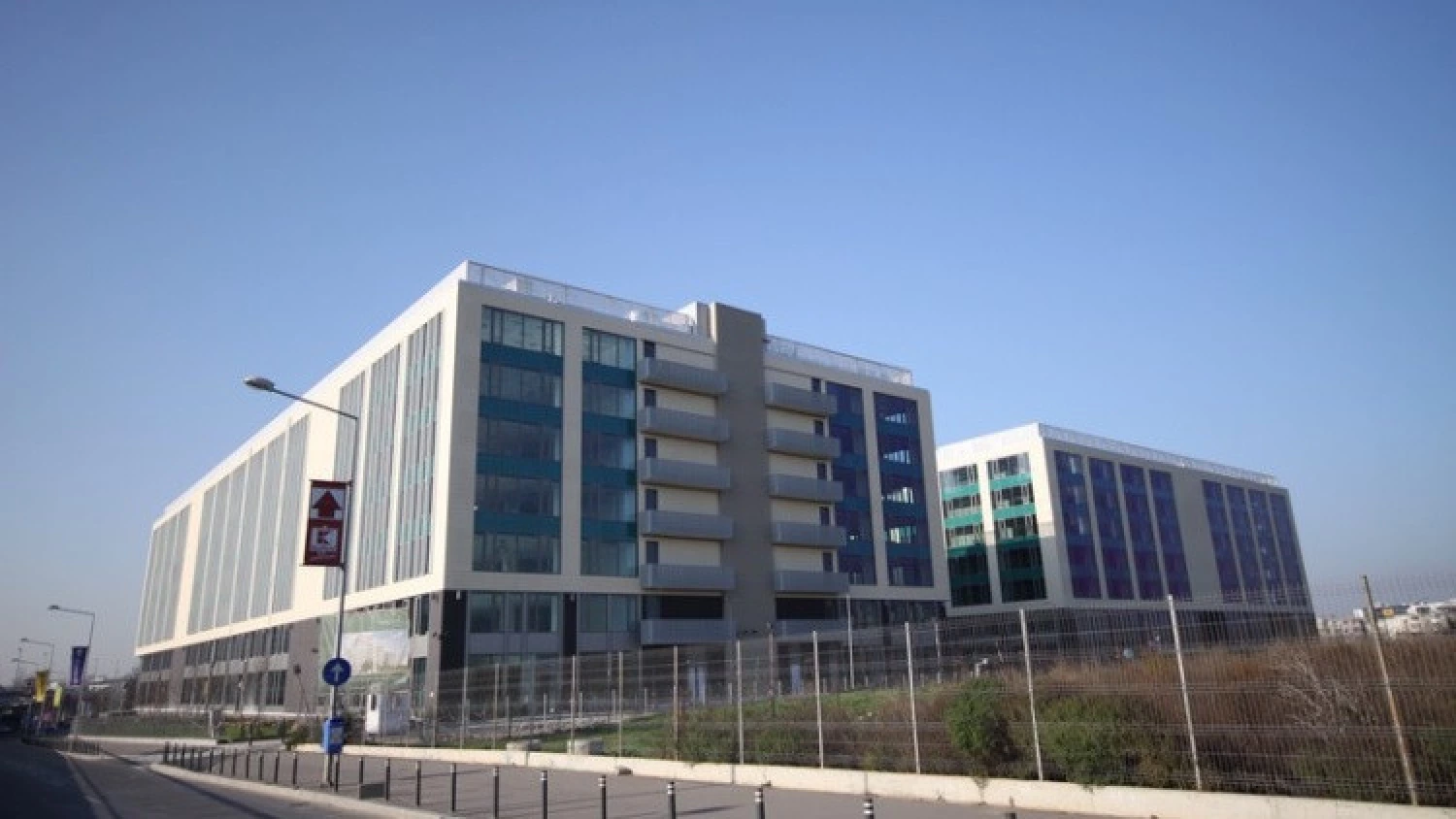
The recent transactions closed in the last weeks, with a total value of €400 million, demonstrate that the investment market in Romania remains strong and attractive even in the COVID-19 pandemic period, Romania no longer being just seen as just a fringe market of Central Europe, according to Cushman & Wakefield Echinox.
The joint-venture of Resolution Property and Zeus Capital Management recently acquired the Floreasca Park office project in Bucharest, while AFI Europe finalised the acquisition of NEPI Rockcastle’s office portfolio in Romania, including Floreasca Business Park, The Lakeview, Aviatorilor 8 (all in Bucharest) and City Business Center from Timișoara.
Cushman & Wakefield Echinox assisted GLL Real Estate Partners GMBH in the sale of Floreasca Park, a transaction that marks the entry of a major player in the local real estate market and reflects the main role of the real estate consulting company in Central and Eastern Europe in attracting new capital in the region from all around the world.
“In the last 12 months we managed to bring Morgan Stanley to Romania for the acquisition of America House, Resolution / Fosun (via Zeus Capital Management) for Floreasca Park, and we supported Equest in the sale of their main asset, Equest Logistic Park - three transactions worth over €200 million, two of which were closed during the pandemic. By the end of the year, we expect to close more important transactions, so the investment volume could exceed the €1 billion threshold in 2020, for the first time since 2014,” Tim Wilkinson, Partner, Capital Markets at Cushman & Wakefield Echinox explained.

Tim Wilkinson
Partner, Capital Markets, Romania
Cushman & Wakefield Echinox (Chairman of RICS in Romania)
Until the start of the COVID-19 pandemic, at the end of the first quarter of 2020, the fundamentals for Romania, both macroeconomic and specific for the property market were strong as they had been for the preceding years. Then COVID-19 struck.
The investment market results registered in Q2 and Q3 of 2020 have confirmed some important factors:
- The closing of Floreasca Park in August, shortly followed by NEPI Rockcastle’s sale of their office portfolio to AFI Europe, underpins the fact that the interest from investors in Romania remains and is set to grow.
- The joint-venture of Resolution (Fosun Group) and Zeus Capital Management shows that new money is prepared to enter Romania, a trend which continues that of 2019, when Morgan Stanley acquired their first property in Romania.
- The strength of tenant covenants in any building is essential and will be analysed even more closely by investors in the future.
- The quality of a building will also become ever more important if sellers are seeking to maximise pricing and attract a wide investor pool.
- Debt finance continues to be available, however, we do expect banks to be more selective in their funding choices, particularly in relation to the tenant strength and quality aspects mentioned above.
“The successes of the past months will send a positive message about the evident maturing of the Romanian market, reflected by these transactions. Romania has generally been seen as a fringe market of CEE, however, this status is expected to change in a positive way. Slowly we are seeing more investors understand that Romania offers attractive relative yields for high-quality properties, for a relatively small risk adjustment, when compared to core CEE markets,” Bogdan Gubandru, Director, Investment Agency at Cushman & Wakefield Echinox added.
Liquidity in Bucharest remains lower compared to Warsaw, Prague and Budapest and until this improves, investors will still have questions over whether they can exit their investment when they decide to. Every new investor to the market improves this issue. The more investors committed to Romania, naturally, we will see liquidity improve.
While 2020 is showing how the market is more resilient than ever before, the world of property, consumer behaviour and occupier trends are changing rapidly. The speed of this change has been accelerated due to COVID-19. As we saw in 2008-2009, Romania can be affected by factors that are triggered outside of the country, by European & wider global economic issues. However, we have seen that these risks have been evident in recent years and the local market has been able to develop itself well.
“Developers, investors and banks need to evolve rapidly to keep up with a changing world. There will be obstacles ahead, but this market has navigated many such challenges over the past 12 years. The Romanian market is still running at a lower level of activity than its full potential, considering its fundamentals and size, compared to other European countries. Investment in infrastructure is critical to support the further development of the property markets. Furthermore, more flexible debt financing solutions would also help the market compete better with its CEE neighbours, to support equity that is committed to investing here,” Tim Wilkinson, Partner, Capital Markets at Cushman & Wakefield Echinox added.



